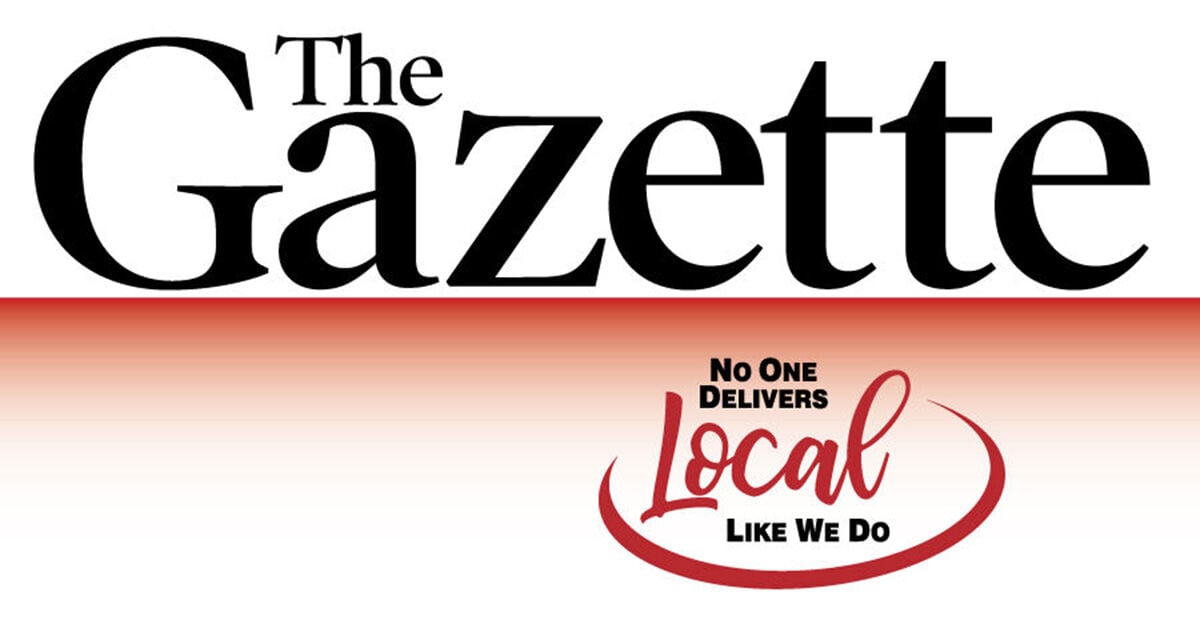Perspectives on the U.S. Caregiving Crisis


The Caregiving Crisis in the United States: An Urgent Call for Support and Reform
On June 25, 2025, a significant discussion arose in the realm of elder care with the release of the PBS documentary titled “Caregiving.” This documentary, produced by actor and filmmaker Bradley Cooper, provides an in-depth exploration of the challenges faced by millions of unpaid caregivers across the country. With approximately 53 million individuals in the United States providing care for family members—often without adequate support—the need for systemic reform and enhanced resources in caregiving has never been more apparent.
The documentary sheds light on Cooper’s personal journey as a caregiver for his father, illustrating the emotional and physical toll that caregiving can exact on individuals. This candid portrayal is timely, as the growing aging population in America signifies a pressing need for expanded support systems. In fact, projections suggest that by 2030, one in five Americans will be over the age of 65, consequently increasing the demand for caregivers.
One of the critical issues highlighted in the documentary is the absence of financial compensation and formal support systems for unpaid caregivers. Most caregivers balance their responsibilities alongside full-time jobs, often sacrificing personal time, financial stability, and even their health in the process. As such, initiatives aimed at providing financial assistance, training, and respite care for these individuals are essential.
In recent years, several organizations and advocacy groups have emerged seeking to address these pressing needs. Legislative efforts to enhance funding for caregiver support programs have gained momentum, but many agree that more needs to be done at all levels of government. Efforts to elevate the conversation around caregiving are crucial for ensuring that policies reflect the realities faced by caregivers. Expanding access to services such as counseling, support groups, and financial planning can significantly alleviate the burdens borne by these unsung heroes.
Bradley Cooper’s involvement in the documentary not only aims to raise awareness but also serves as a clarion call for society to recognize and value the contributions of caregivers. The larger conversation surrounding family caregiving underscores a vital truth: supporting caregivers is essential to the well-being of the entire family unit and the fabric of society.
As the U.S. grapples with an evolving demographic landscape, the spotlight on caregiving issues will undoubtedly grow brighter. The urgency for comprehensive policy reform, adequate funding for support systems, and recognition of the essential work performed by caregivers is paramount. Only through concerted efforts can we hope to address this caregiving crisis and improve the quality of life for millions of Americans.






